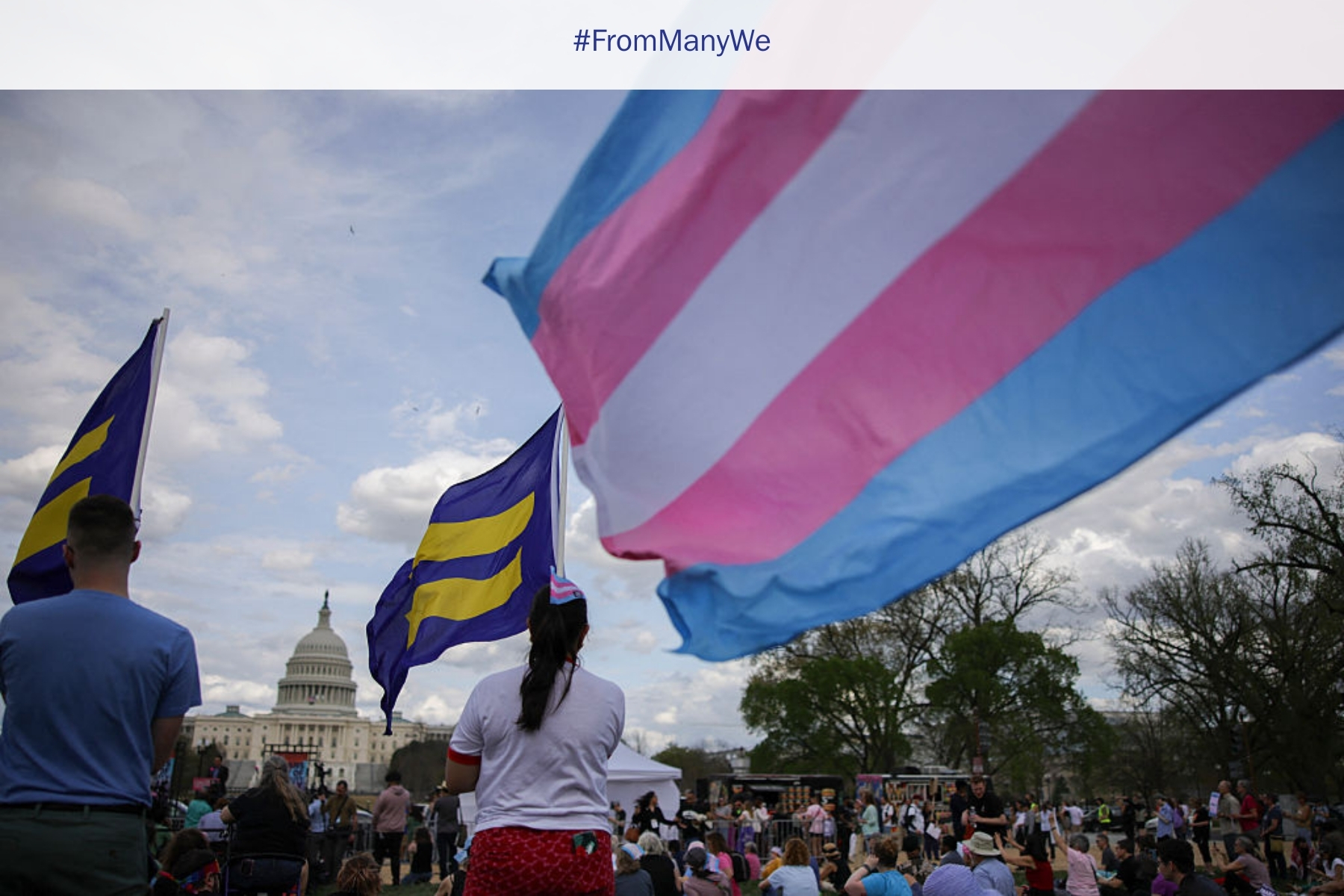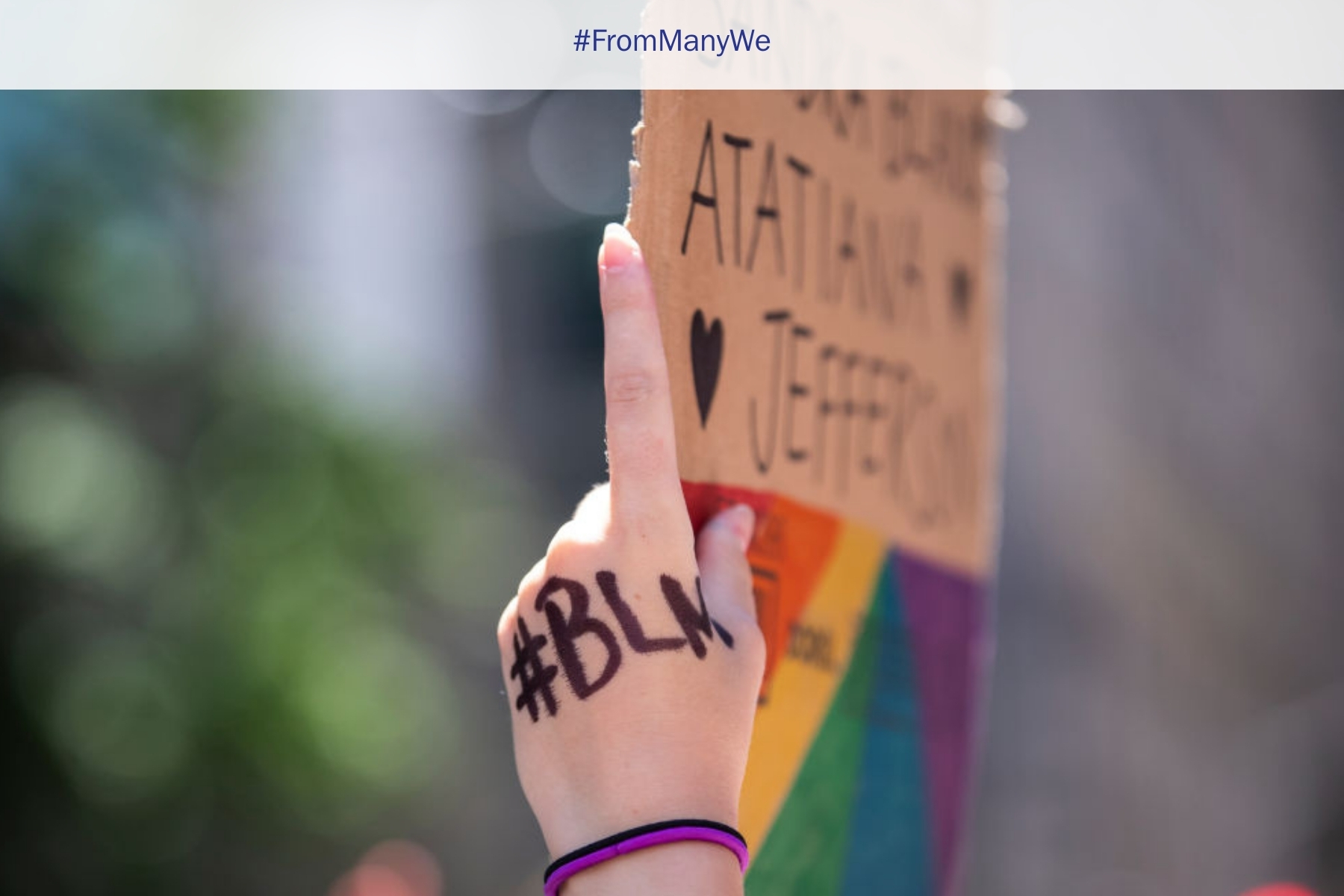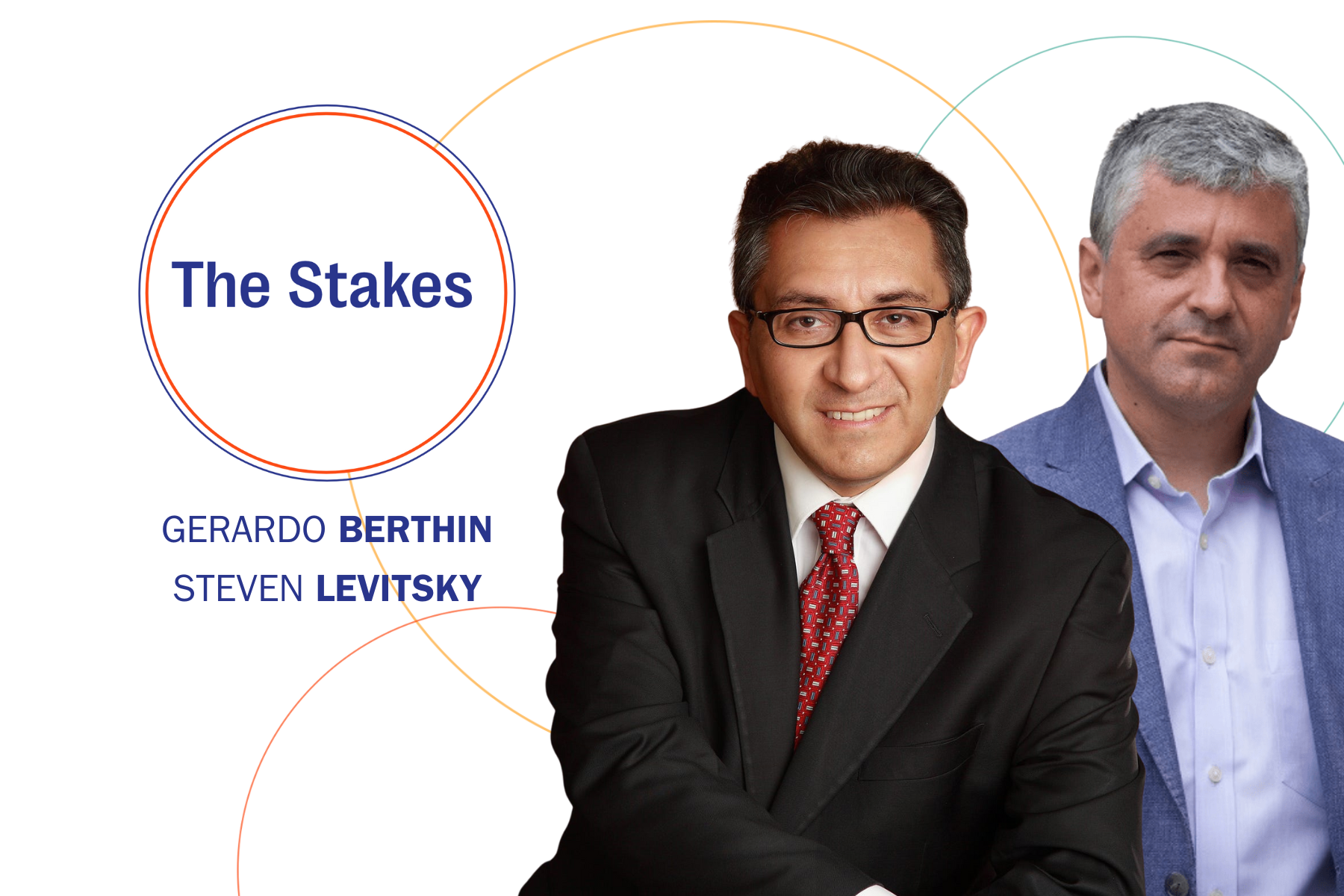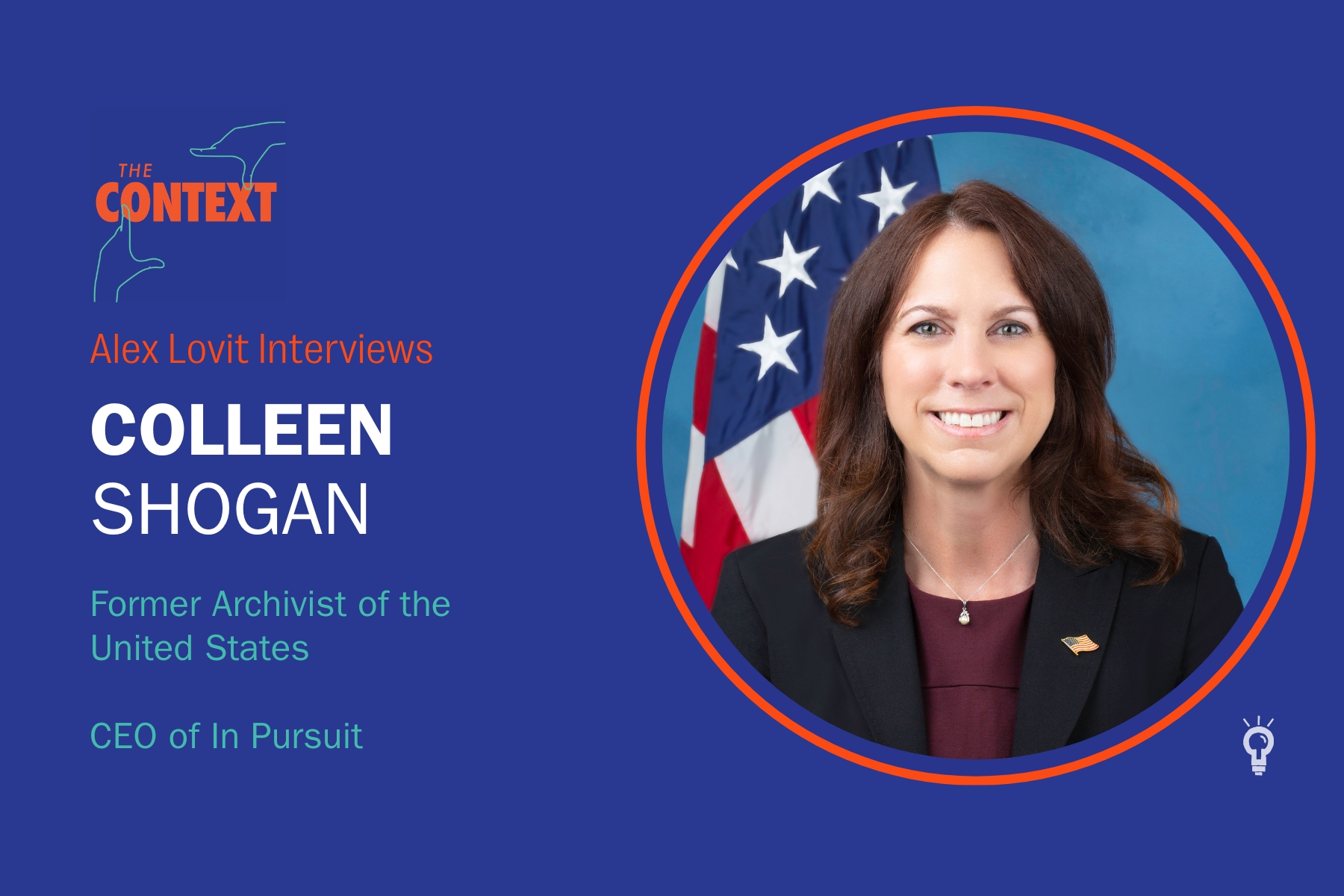Social Media’s Exclusionary Turn

From Elon Musk’s role in Donald Trump’s reelection campaign to the millions of dollars that tech entrepreneurs contributed to Trump’s inauguration, numerous signs indicate a growing alignment between Silicon Valley and right-wing politics. The latest example is Meta’s announcement that it will stop enforcing some rules that had protected users from hateful conduct. As Trump takes power, social media platforms are likely to become even more conducive to the spread of right-wing ideology and toxic for vulnerable groups.
A Free Pass for Targeting and Dehumanizing Language
Meta’s platforms include Facebook, Instagram, and WhatsApp, among other products and services. Many popular social media applications have become more conducive to offensive rhetoric and less safe for potential targets of harassment.
According to Axios, Meta removed prohibitions against comparing people to objects or referring to groups as “filth.” Axios suggests that Meta users can demand the exclusion of gay people from certain professions, and transgender and nonbinary people can be called “it.” According to The Intercept’s Sam Biddle, “The loosened rules allow for overt statements of racial superiority, and unsurprisingly, given the national moment, [they] carve out particular latitude for hateful comments about transgender people and immigrants.”
As for X, its billionaire owner, Elon Musk, recently changed the platform’s blocking function, a user control that can modify how one user interacts with other accounts. In the past, when one user blocked another, it meant that the blocked user was restricted from seeing, following, and engaging with the account that blocked them. But now, a blocked user can still see and follow the account that blocked them, but the two accounts cannot directly interact. Combined with other changes to its content moderation that, in effect, open the gates to hate speech, X’s new blocking policy creates more opportunities for targeted harassment and the silencing of marginalized voices. Musk also decided in May that “cisgender” is an offensive slur, thus inhibiting discussion of gender identity on that platform.
The Mainstreaming of Hate Is the Problem, Not a Justification
Meta founder Mark Zuckerberg justified the new moderation policy saying that the former restrictions on topics like immigration, sexual orientation, and gender identity were “just out of touch with mainstream discourse.” His policy chief, Joel Kaplan, added, “It’s not right that things can be said on TV or the floor of Congress but not on our platforms.” Just when Meta could be making a stronger effort to promote civility and inclusion, it is using the rise of hateful and offensive discourse as the justification for policies that could contribute to the problem. By equating mainstream with acceptable, Meta risks a vicious cycle in which social media will become more toxic and exclusionary.
Facebook has always struggled with its approach to combating hate speech. For many years, it has claimed to take most hate speech down, but according to a 2021 Wired report, most of it stays up. Virtual hatred does lead to real-world violence. For example, Myanmar refugees are suing Meta for Facebook’s role in spreading hate speech in advance of the 2021 Rohingya genocide.
Meta’s latest moderation rules may be a change in policy but not really in practice. According to an editorial by the Electronic Frontier Foundation, “Facebook has a clear and disturbing record of silencing and further marginalizing already oppressed peoples and then being less than forthright about their content moderation policy.”
Consolidating Control Over the Information Environment
Why are social media companies changing their policies now? Several examples reflect efforts by the Trump administration to consolidate control over public information and public debate, while traditional and social media companies may be attempting to curry favor. Musk campaigned with Trump and is working closely with the administration.
New FCC Chairman Brendan Carr revived three complaints against NBC, CBS, and ABC that his predecessor dismissed on First Amendment grounds. According to Ars Technica, Carr “has made it clear that he wants the FCC to punish news broadcasters that he perceives as being unfair to Trump or Republicans in general.”
After Meta announced that it would no longer fact-check Facebook and Instagram content, Senator Chris Murphy of Connecticut asked us to connect the dots: “Facebook faces a potentially devastating Federal Trade Commission case slated to begin in April. Trump is now in charge of the FTC. Zuckerberg makes a pilgrimage to Mar-a-Lago, then donates $1 million to Trump inauguration. Now this gift to the MAGA anti-democracy forces (and also Putin).”
Whether there’s actual corruption being intentionally committed by Meta may be beside the point. The case against Facebook was filed in 2020, during the first Trump administration. Lawsuits against social media platforms and legacy news media may be the tools used to force them into accepting reality as determined by the Trump administration today. In the changing political climate, some companies may see an opportunity to reveal their own ideological sympathies, while others may be acquiescing to what they see as a new reality for the media. Regardless, the growing alignment between big tech and right-wing politics will result in the suffering of vulnerable people.
John Stoehr is the editor and publisher of the Editorial Board, a newsletter about American politics in plain English.
From Many, We is a Charles F. Kettering Foundation blog series that highlights the insights of thought leaders dedicated to the idea of inclusive democracy. Queries may be directed to fmw@kettering.org.
The views and opinions expressed by contributors to our digital communications are made independent of their affiliation with the Charles F. Kettering Foundation and without the foundation’s warranty of accuracy, authenticity, or completeness. Such statements do not reflect the views and opinions of the foundation which hereby disclaims liability to any party for direct, indirect, implied, punitive, special, incidental, or other consequential damages that may arise in connection with statements made by a contributor during their association with the foundation or independently.








